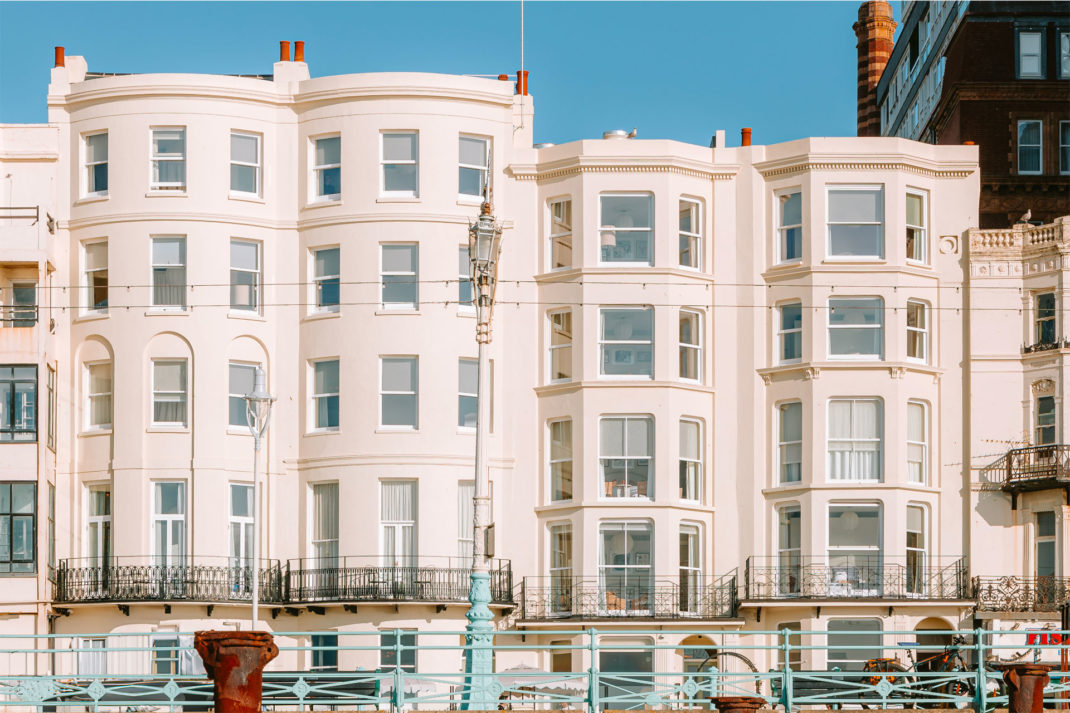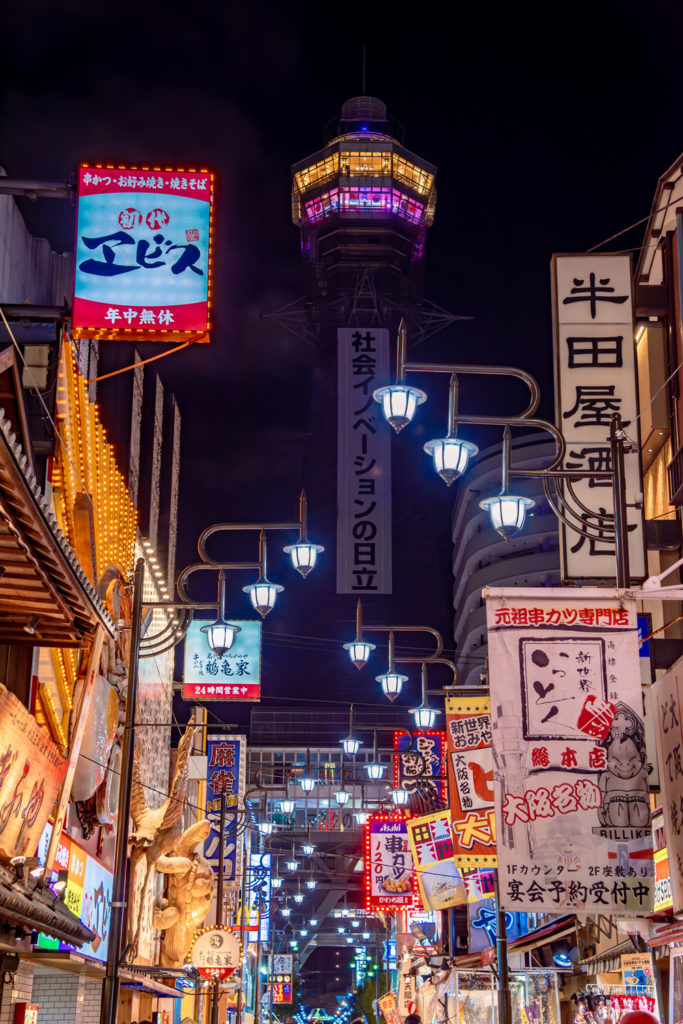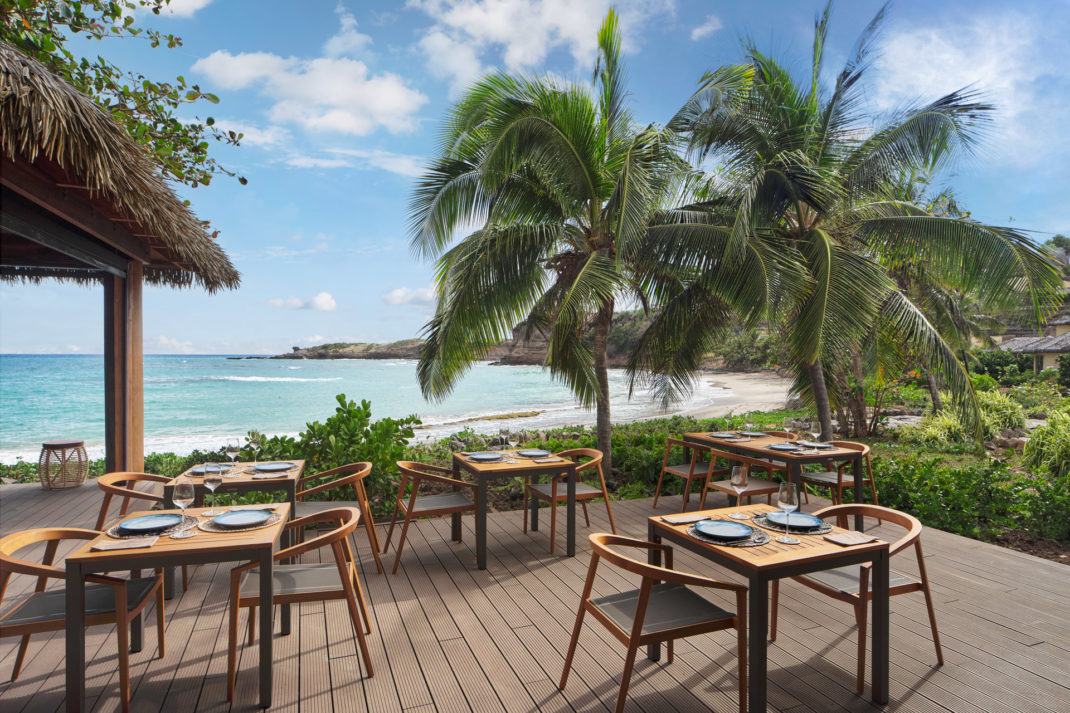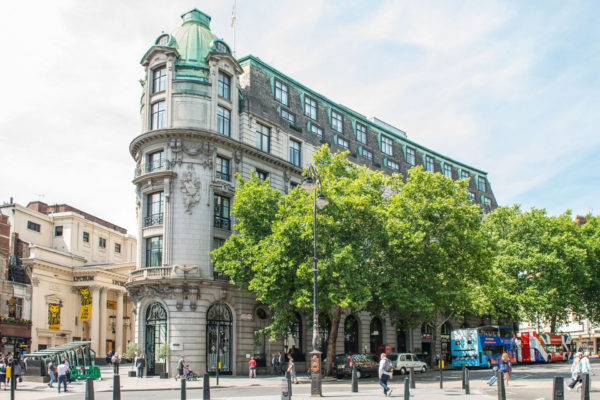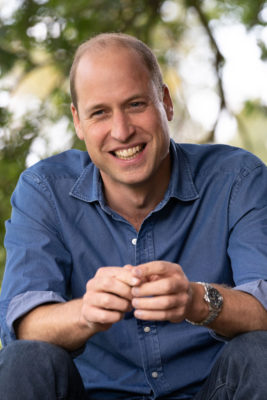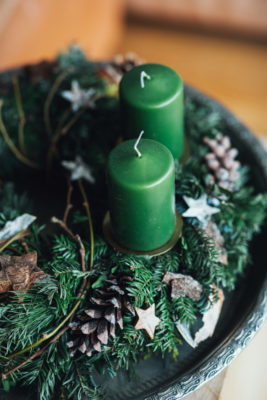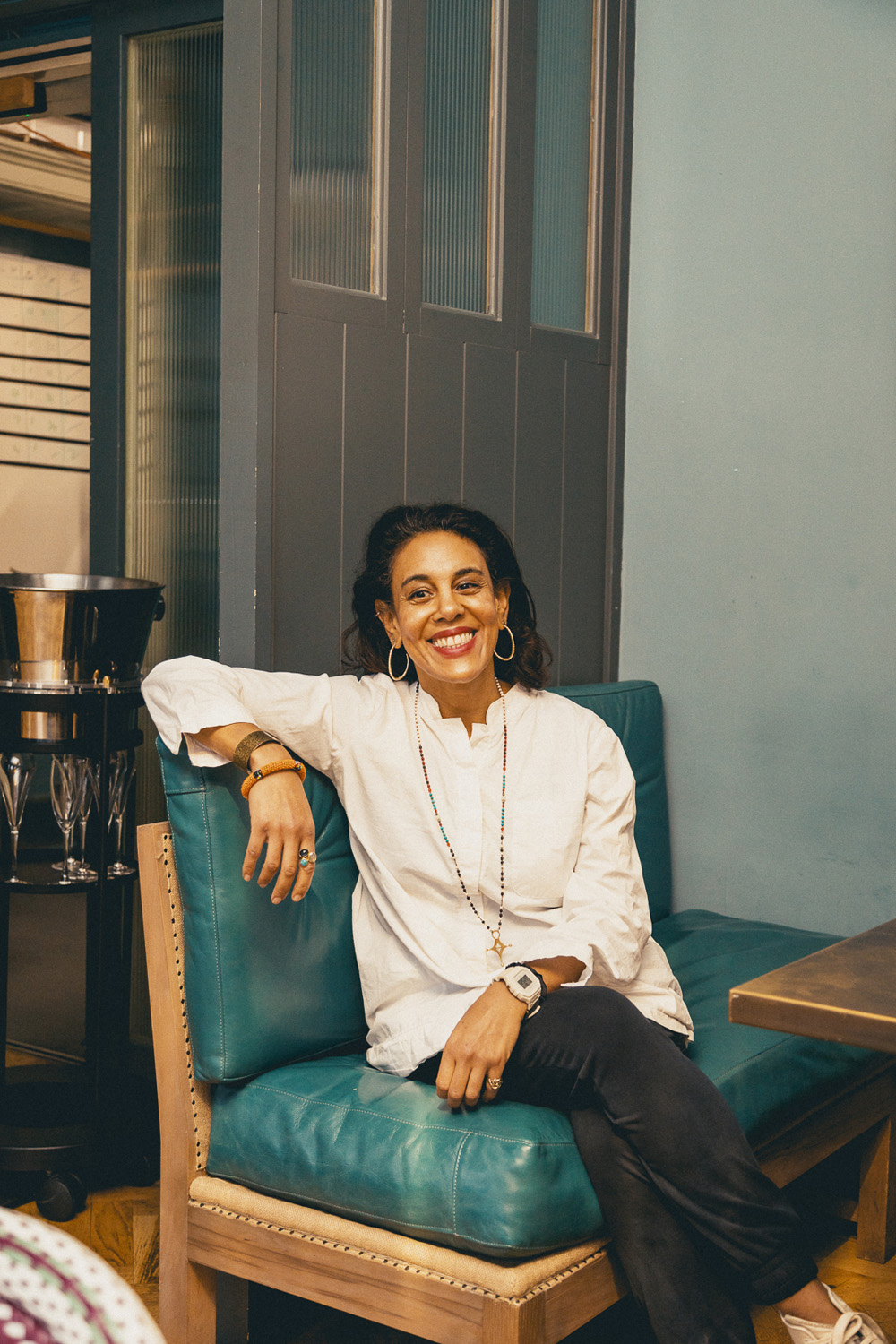
Inside Bingham Riverhouse’s Journey To B Corp
By
5 months ago
In conversation with Sama Trinder
In 1984, Bill and Ruth Trinder purchased a trio of crumbling townhouses, transforming them into a family home and B&B. Growing up, their daughter, Sama, recalls counting coins with her father as he did the weekly cashing up, fondly recalling Richmond’s first boutique hotel as ‘a bit of a faulty towers’. Taking over the business in 2001, aged only 22, a lot has changed at Bingham Riverhouse since then, from renovations to the incorporation of Sama’s yoga studio and the opening of a member’s club.
Because she is the UK’s only Black female hotel owner, Sama is ‘really happy to be visible at the moment’. ‘Hospitality is so dominated by old white men – like so many industries – and I never saw anyone like me,’ she tells C&TH. ‘Which is probably why I really struggled for, like, 20 years. You just think, to be an owner of a business, a managing director, a CEO, even a general manager, you have to be a middle aged white man to be taken seriously. We never even used to say we were Black female owned, and never put our pictures on the website or anything for so long. I don’t think it was a conscious thing, but we were definitely aware that it might put people off. Luckily, the world has changed.’
Flash forward to 2024, and under Sama’s guidance, Bingham Riverhouse has become one of the first B Corp accredited hotels in the UK. Nestled on the banks of the River Thames and home to an award-winning restaurant, Bingham Riverhouse is a cherished family-run haven with a commitment to community, sustainability and soulful living. We sat down with Sama to talk all about her journey to B Corp certification.
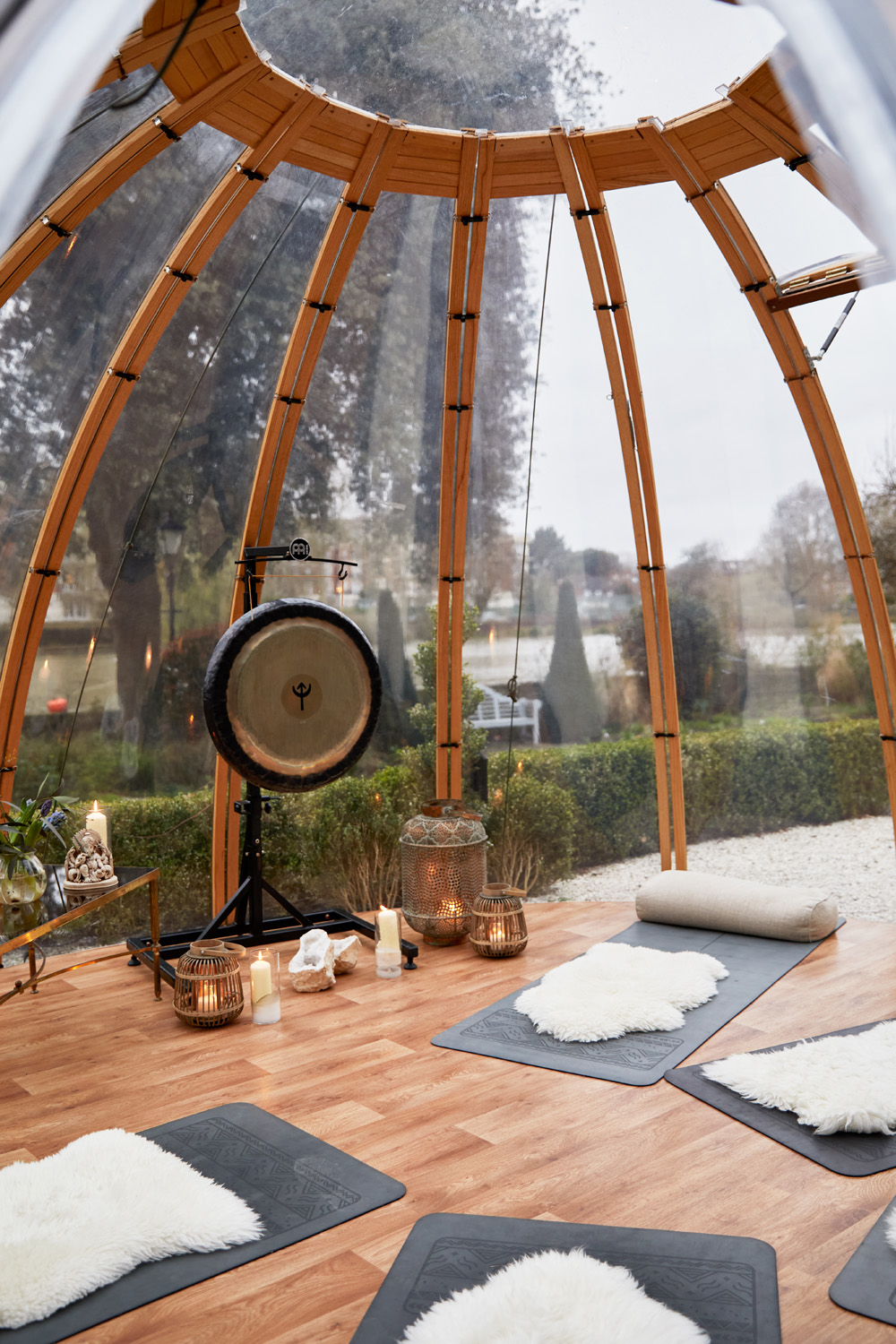
Yoga Dome
How Sama Trinder Led Bingham Riverhouse To B Corp
Congrats on Bingham Riverhouse’s B Corp certification. It takes a lot of work – how does it feel to finally have the result?
We’re over the moon. We can’t quite believe it, but we got there in the end. We’ve always had a sustainability focus. Well, maybe it wasn’t very evident, but internally we always have. We’ve been a member of Green Tourism for around 10 years now.
When did you decide to embark on this B Corp journey? Was there a lightbulb moment?
In 2021, but I can’t remember how I came to know about it. I also didn’t know that it would be, obviously, so hard – and I didn’t know there were no other independent hotels accredited. I think The Pig only recently got theirs, as well. There are loads of products that are B Corp, but it’s interesting the hospitality industry hasn’t caught up.
Can you run me through some of the things you implemented on your B Corp journey?
On the employee front, we changed all of our contracts to get rid of zero hour contracts, which we used for seasonal workers, events, weddings and things like that. We’ve added two paid voluntary days per year. And we were minimum wage compliant, but in some departments like cleaning or kitchen porters, we weren’t quite reaching London Living Wage, so we made sure everyone was on that across the board. Those were the biggest things, because we were already doing staff meals and offering access to free yoga classes.
Environmentally, we changed our energy tariff to be renewable in 2022, but that only meant 20 percent renewables, so we’re actually changing that again soon to be 100 percent renewables. It is more expensive, but I think it’s important to do: with 24/7 operations, we do use a lot of energy.
Suppliers were a massive one. We’ve always tried to source things as locally as possible, and we generally go to smaller artisans for our amenities, but now we also get every supplier to sign a code of conduct, confirming they look at their own supply chain, carbon footprint, etc. That’s a massive undertaking as we have so many suppliers, but overtime we’ve brought in a lot of B Corp suppliers. All of our spirit brands are now B Corp, the coffee pods in the rooms are B Corp, things like that.
It was tough: everyone has a profitability target, and the management team didn’t necessarily see the value at first as sustainable options are generally more expensive. But as we got closer, buy-in from the team was really motivational. It was like, ‘now we need to do this, and we’re going to get it, and it will actually add value to the business in the end anyway – and it’s the right thing to do’.
A significant change was completely relaunching the restaurant. We closed our previous restaurant because it didn’t really fit our sustainability criteria: sourcing some of the ingredients, not having vegan or dairy free options. We spent about six months trying to figure out what we were going to do, and then we actually promoted a chef internally who’s a woman and had her own restaurant in South Africa. Our new restaurant, Riverhouse Restaurant, opened in February 2024 with a whole new concept, new menu and new suppliers, especially organic meat and fish, more foraged ingredients, more plant based generally. We have mushrooms from Wimbledon Rooftop, where they’re grown in coffee grounds. So that was a big, significant change that I think helped massively. It’s the heart of the property, really – and I think it fits in.
We got ticks because we’re a Black, female owned business, but structurally we had to tick a few boxes, like adding our sustainability mission onto our site, and also add it to the management team’s KPIs.
It’s like climbing a mountain: you don’t think you’re getting very far, so it’s nice to be able to look back and know we did make a lot of changes. No wonder I was so bloody exhausted! The team was so happy, and I think it’s given them huge pride. I think people just like to work for a company that is really willing to care. I love the way B Corp describes it: making business a force for good.
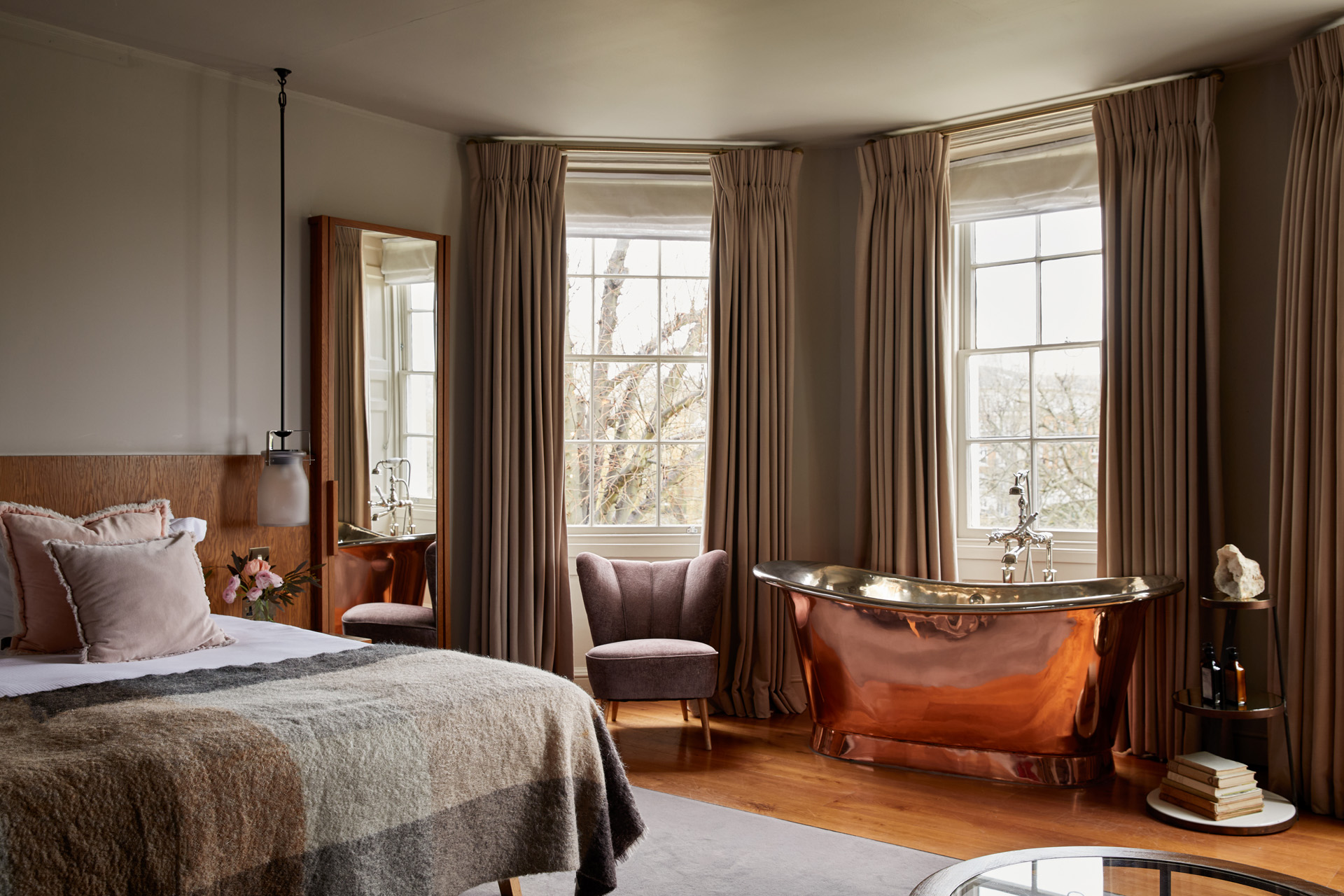
What do you think is the biggest challenge running a sustainable business?
The financial aspect is the biggest thing. In many situations, the sustainable option is sometimes more expensive. Energy, products and so on. So you have to balance the profitability with the most sustainable option.
Knowledge and education is also a challenge. We are, in general, quite ignorant about sustainability. I’ve still got so much to learn. For example, we were donating to a tree planting organisation instead of buying Christmas crackers, and we were quite proud of that. But a lot of tree planting organisations are actually not that great, because the trees don’t grow long enough for them to give off oxygen. There’s so much greenwashing in the world, and you think you’re doing the right thing and often it isn’t, and could even be having an adverse impact. Arming ourselves with the correct knowledge is so important.
On the opposite side, is there anything that you’ve discovered or realised that has made you feel really positive about the future and the safe keeping of our planet?
Being in this community of B Corps now, and all the people in the world that want to operate businesses sustainably. It doesn’t feel like the minority so much.
Are there any businesses you find really exciting because of their sustainable practices?
From a hospitality perspective, The PIG – they just recently got B Corp and their properties are a similar size to us. The Conduit member’s club; that seems to be the pinnacle of sustainable entrepreneurs coming together, and they have great informational events. B Corp, if I can say them. It’s such a massive achievement – they’ve created massive social change, really. And it’s only growing.
If you were going to give advice to other businesses who want to do better, where would you say is a good starting point?
Before I knew about B Corp, we always just looked through the lens of what’s best for people and planet – as well as profit, obviously. So I suppose it’s just really being mindful and aware of every layer, from what you’re offering your customers to how you’re offering it. Just considering everything. Everything you purchase, how you get rid of waste, how you look after the team, customers, all stakeholders, really. And looking at things with kindness.
And how can all of us live our lives a little bit better?
By striving for simplicity. By that I mean less consumption. It’s like Vivianne Westwood said [‘Buy less, choose well: that’s the maxim. Quality not quantity. That’s the most environmentally friendly thing you can do.’]. If you’re going to buy one jumper, buy a beautiful jumper; if you’re going to go out for a meal, maybe don’t go out five times a week to crappy places, but go to a restaurant where they are paying their team well. Less is more. That’s how I try to live, and how we’re trying to run the business.
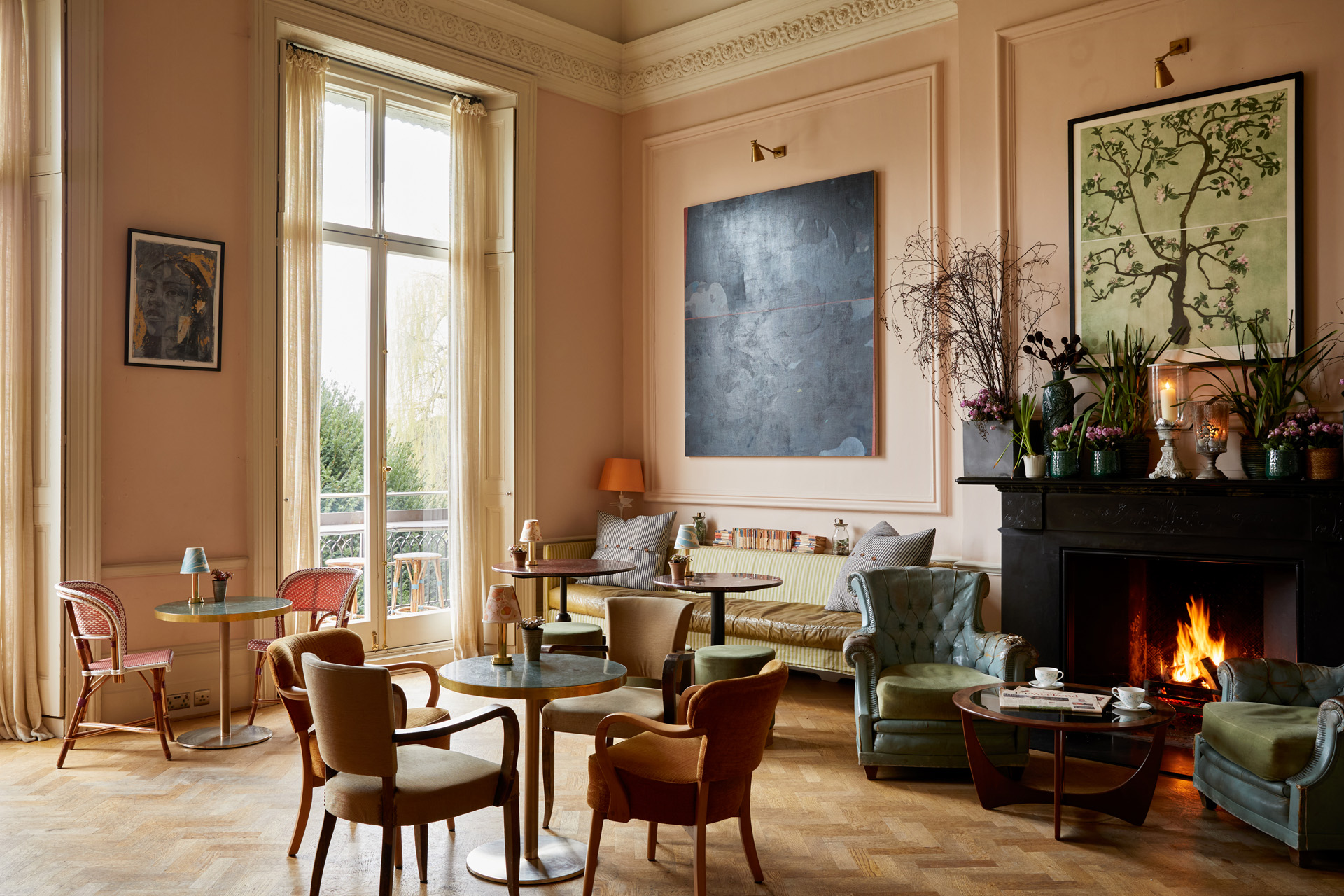
Riverhouse Restaurant
BOOK IT
En-suite bedrooms at Bingham Riverhouse start from £160 per night. binghamriverhouse.com
Find It: 61-63 Petersham Rd, Richmond TW10 6UT

